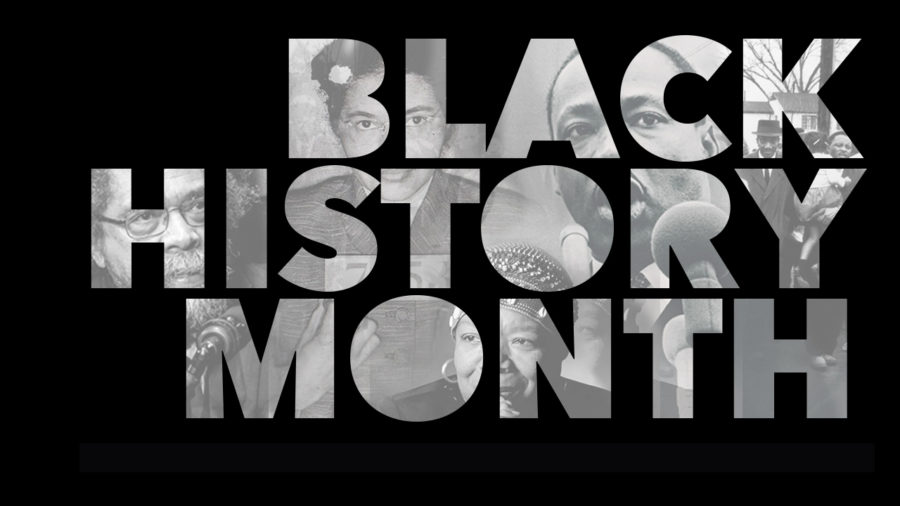Black History Month: Racism is not a thing of the past
Since 1976, the United States has designated the month of February as Black History Month. Gerald Ford was the first president to officially recognize Black History month, calling citizens to “seize the opportunity to honor the too-often neglected accomplishments of black Americans in every area of endeavor throughout our history.”
As we step back and evaluate our country’s history of racial injustice that lingers in our modern day, it is critical that we honor the sacrifices and struggles that African American people have endured.
It has become all too easy to read the lines in our books about slavery, the Civil Rights Movement, and key African American leaders in the same monotone voice as the rest of our textbooks. Many students approach this information as facts needed to be memorized for the test.
As a senior, I now think back to all I have learned about African American history. Key figures and events of the African American movement come to mind, but is that enough? Is every student in the United States receiving the proper education on the history of slavery, the civil rights movement, or injustices that still persist?
In a report done by NPR, Hasan Kwame Jeffries, associate professor of history as The Ohio State University, states that the problem “is not that slavery is ignored in the classroom or that teachers, like their students, don’t understand its importance. Many clearly do. The problem is deeper than that.”
While nearly 90 percent agreed that “teaching and learning about slavery is essential to understanding American history,” many reported feeling uncomfortable teaching slavery and said they get very little help from their textbooks or state standards.
States and textbook-makers deserve considerable blame for these problems. The project reviewed history standards in 15 states and found them generally “timid,” often looking for slavery’s silver lining; hence a common preference for coverage of the abolitionist movement over talk of white supremacy or the everyday experiences of enslaved people.
As the report continues, Costello, director of Teaching Tolerance, says “One of the reasons that schools don’t teach the civil rights movement particularly effectively, is because we don’t do a very good job of teaching the history that made it necessary, which is our long history of slavery.”
We have become all too comfortable associating racism and slavery with something in the past. We tend to separate those times from our present, and find that our modern day is greatly improved. While this is true to an extent, we are fooling ourselves if we think that the effects of slavery do not linger in our present day. That is why teaching African American history properly is necessary to effectively remind us all of what African Americans endured in the United States, so that we can better recognize the injustice and prejudice that still occur as a consequence of our past.
By honoring Black History Month, we highlight the difficulties that African Americans faced in the United States and open discussion for the struggles that they still face today.
At the same time, we acknowledge the appalling acts humans are capable of committing against people of a different physical appearance. Lastly, it gives us a chance to recognize that in the past, slavery was viewed by the majority as normal. Now we should raise the question of what we consider normal today that is actually an injustice.
As students, we must acknowledge that the magnitude of slavery cannot be condensed into the pages of our history textbooks. In respecting and celebrating Black History Month, racism and prejudice does not end. However, we are ensuring that the message of promoting equality lives on.


